#SDCC16: Falling Water Producers Explain How the Dream-Centric Show Came to Be

At San Diego Comic-Con this past July, there were many shows present that enchanted the minds of modern television viewers. “Ash vs. Evil Dead” is getting a second season, “American Gods” will soon grace our TV screens, and the popular “Mr. Robot” has already started airing its second season. Brought to us by the same network as the latter (USA), “Falling Water” promises to be the next biggest (and possibly weirdest) thing on the small screen.
“Falling Water” is a series about three unrelated people slowly realizing they’re dreaming separate parts of the same dream. All are on a journey that can only be completed with the help of their subconscious through their dreams. A full synopsis of the show can be found at the end of this article, but for now, let’s move on to what we found out at Comic-Con.
We got the chance to talk to executive producers Blake Masters and Gale Anne Hurd to find out more about this mysterious new series.
First was Masters, who also co-wrote the pilot episode with the late Henry Bromell. Blake had more to say about his experiences with Henry.
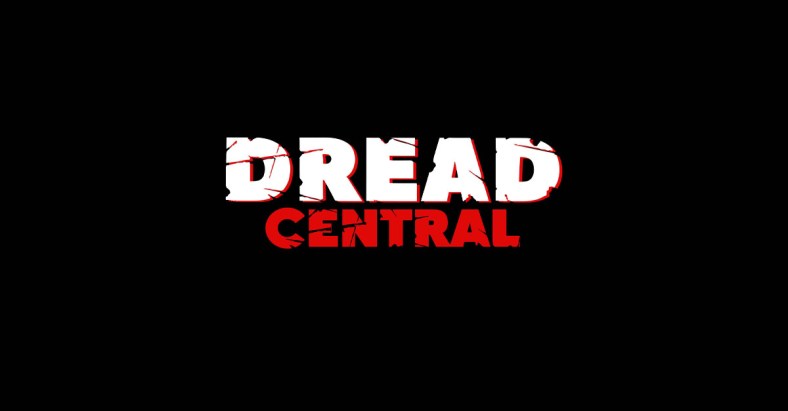 Blake Masters: Henry Bromell and I were doing “Brotherhood” in 2006. And both our mothers were actually Jungian therapists, so the idea of
Blake Masters: Henry Bromell and I were doing “Brotherhood” in 2006. And both our mothers were actually Jungian therapists, so the idea of
collective unconscious was sort of kicking around in both our heads. And Henry once pitched me the idea of, “You know, what if our dreams were actually an expression of a Jungian collective unconscious?” I thought that was really cool. And then at my bachelor dinner when I was getting married, I was really drunk. Henry was sitting next to a friend of mine, and I said, “Tell him about that idea!” And he said, “Well, what if our dreams are really all connected?” And I said (excitedly), “Henry, that’s a show! We should make that a show!”
And in 2008 during the writers’ strike, we were bored. So we wrote the pilot that you just saw [at the “Falling Water” panel], and it was bonkers, and we didn’t know what to do with it. So we worked on other things; we worked on that last season of “Brotherhood.” He went off and did “Rubicon” and then “Homeland.” I went off and shot 2 Guns and “Law & Order: LA.” And we had this script that we loved!
He continued to explain further how “Falling Water” came to fruition.
Blake: Then I had a meeting with Gale Anne Hurd, and she said, “What do you have?” I said, “Well, I’ve got this crazy script.” She read it, and she fell in love with it and said, “I want to be involved in this project.” She came on board, and she had a couple of small notes for us. Henry and I sat down on a Wednesday and had lunch to figure out how to do all the notes in about three minutes because that’s the way we worked. And we were going to wait until Monday to divvy up the work.
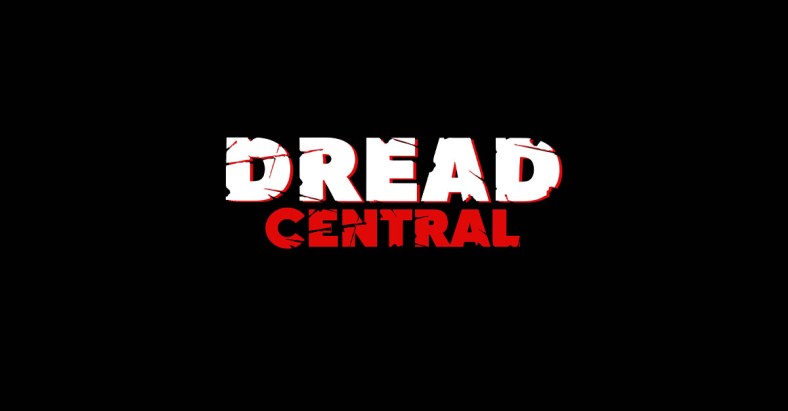 His wife emailed me and said Henry was under the weather and he couldn’t do the call. I got a call later that night; he had passed away from an aortic rupture. I didn’t touch the script for a year.
His wife emailed me and said Henry was under the weather and he couldn’t do the call. I got a call later that night; he had passed away from an aortic rupture. I didn’t touch the script for a year.
A year later I had to do it; I had to finish it. I finished it, went back to Gale, and said, “I want to do this show.” Gale said, “This is terrific; let’s get a director on board.” And the first person we really went to was Juan Carlos Fresnadillo, whose work on Intacto I just thought was spectacular. He and I sat down and talked about the show a little bit, and he said, “Hey, let me send you some images,” and he sent me a pdf of about 60 images. He said, “I think this is what the show is. What are your notes?” I wrote back and said I have one note: “Yes!”
Juan instinctively understood what the show should look like, what it should feel like; he was a tremendous collaborator. And then we went out and sold it to USA, who was looking to move more in that sort of direction of different and weird and new and special, and here we are.
When asked to explain the concept of “Falling Water” further, Blake had a unique metaphor to explain the basis of the show.
Blake: The premise [of “Falling Water”] is really simple. The premise is: What if all of our individual dreams are like tiles in one grand mosaic we’re all dreaming together? Only most of us can’t see beyond the boundaries of our little tile. Well, what if there were some people who could wander out of their tile into your tile? Think of a time you had a bad dream, and you woke up in a bad mood. Or you had a good dream and woke up in a good mood. Well, what if you could wander into somebody else’s dream and make it good or bad?
So within that premise, which is really inspired a lot by Haruki Murakami, a Japanese novelist I love, and also by, well, all the surrealists ever, the vibe of the show is people on a quest in a world where their dreams are where half of the drama takes place. In our world, a scene that happens in a dream is just as dramatically important as a waking scene. The idea is the landscape of dreaming and waking are like a Venn diagram. The problem for our characters is they begin to cross over and get confusing in the middle. So the vibe is this slow immersion into a world that we really want to be a part of.
In the synopsis for “Falling Water,” it is mentioned that the characters’ lives may all be at stake near the end. Someone asked if that meant a world-ending event taking place. Blake’s answer was very definitive.
Blake: We’re not having them save the world, no, no, no. But I do think the stakes will be high. I think you’ll get a sense that there are larger forces at play. The danger with these kinds of shows is if you make the first season about saving the world, then what do you do in the second season? I think the show always needed to be grounded in the emotional truth of these people. My idea is that we’ve seen the best “Breaking Bad” there will ever be, we’ve seen the best “Mad Men,” but that premium cable, character-driven idea is still there; it just needs a new evolution. And the evolution is to take it to a place that, for lack of a better word, has a little bit of magic in it. That’s why I think “Game of Thrones” has resonated. That’s why we’re taking something that feels very grounded and character-driven and very cinematic also. That’s the understated thing about all these shows; they’re incredibly cinematic. So we’re creating the next evolution of that family of shows and adding in a little bit of surrealism and magic, whatever you want to call it. It’s real, grounded people having a surreal experience.
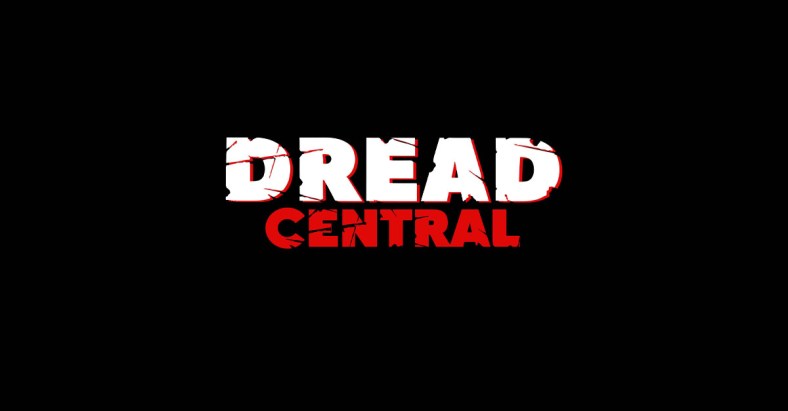
Someone asked how “Falling Water” plans to navigate the fine line between surreal and confusing. Blake was quick to explain.
Blake: In Episodes 2 and 3 we have to make the audience trust us. We have to establish a clear grammar for the audience. These are the shots and style of shots we use when someone is dreaming—this is what we use when they’re awake. It’s so that they understand the style of the dreaming and waking. That way we can blur them more in later episodes because the audience is fluent in the grammar of the show. After the cold bath of the pilot, we’re going to slowly immerse the audience into the idea of: watch the person fall asleep, the person having a dream experience, that dream resonating in their waking life. And slowly, step by step, we do that. So then you go to the next step when things get a little weirder and things start crossing over between dreams. The line between dreaming and waking can get a little fuzzy next. But you have to do this organically, slowly, in a way that the audience doesn’t get confused. We don’t want to trick audiences in this show. There’s never going to be a scene where someone walks down a hall, gets shot in the chest, bang, bang, bang, they fall over, and then wake up from a dream. That’s not our show; we’re never going to play that trick on audiences. We don’t do that; that’s not our grammar. We want you to know what’s a dream and what’s awake.
When asked what further seasons could bring for “Falling Water,” Blake referenced the small amount of lead characters in Season 1.
Blake: In a second/third season, by necessity our focus would expand; we’d build out a world. For this first season, ten episodes wasn’t a lot of episodes; that’s not a lot of road. So we decided to focus on these three people and how this journey of discovery is affecting them. The people around them are also affected by it, so we created a landscape, and in Season 2 we can add those people to the landscape. Because it’s not a show about, “The world’s going to blow up on Saturday the 14th!,” it’s easy to say, “This person’s story is really interesting so let’s make them part of it.” I think eventually we will expand the number of people in our universe. But with only ten episodes to do this season, the important thing is to hang with our three leads, and each of them are really compelling on screen.
The next question was how the actors were chosen for the show. Blake had an entertaining answer.
Blake: They’re all dreamers. It’s actually one of the funnier things that happened in auditions. We sat through audition after audition after audition, and we could tell after five seconds. There were some people we liked, and some people we didn’t. We realized there are certain people who are dreamers, and some people who aren’t. There’s this weird natural vibe that people give off. There were great actors who came in, whose work that I loved, and it was like, “No, they’re not a dreamer.”
All the people we chose had that ability to make you feel that their dreams would be compelling and that they were connecting to their dreams. In the case of Lizzie [Brocheré], who plays Tess, her audition consisted of her self-taping on vacation in a yurt somewhere; I don’t even know where. She self-taped one time, did one take on each of the two scenes, sent it to me, and I cast her off of that. I’d never met her, never called her back in, I just took that tape and said I want to cast this person. She was just that character.
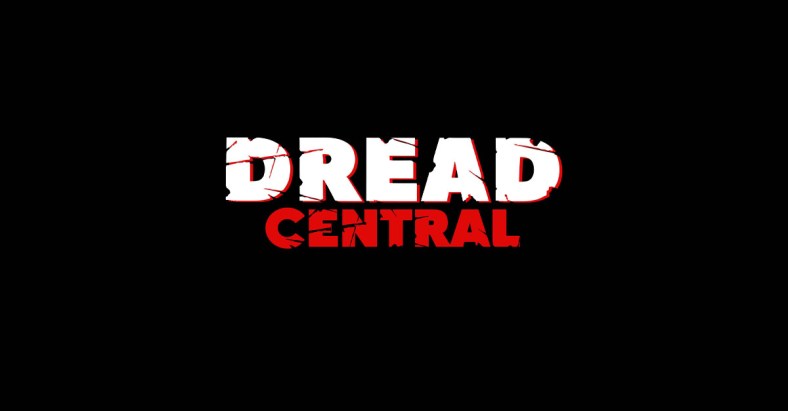
Next up to chat at our table was Gale Anne Hurd, who is well-known for her experience executive producing for major titles like Terminator and “The Walking Dead.” She was asked why USA seemed like the right fit for “Falling Water.” Her response referenced another of USA’s series.
Gale: It’s much easier telling people, “Why now?” because of “Mr. Robot.” We didn’t know that USA was going to be the home of a show as compelling, interesting, and timely as “Mr. Robot.” But they knew where they wanted to go, and “Falling Water” fit into that framework. If we got the pilot right, there was a good shot that they would feel the audience that enjoyed “Mr. Robot” would find this story compelling, yet very different.
When asked what drew her to “Falling Water,” Gale referenced the script co-written by Blake Masters and Henry Bromell.
Gale: I was lucky because there was already a set script. It’s really a producer’s dream to have a full script already made. I was able to read it and say, “This is a journey I want to go on, but at the end of the day, I’m too old. I’ve done too many things. It’s got to be the right people.” There’s Blake, who knows where the series is going and who can tell me. He knows how to bring it to life. Everyone was on the same page; that’s when I knew it was going to be okay.
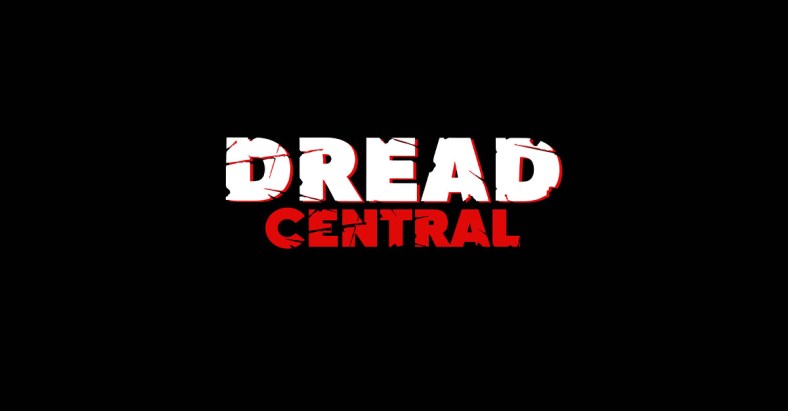 “Falling Water” is a brand new series to the world. So of course there had to be different anxieties and assurances that come with a new series. Gale explained further what those were.
“Falling Water” is a brand new series to the world. So of course there had to be different anxieties and assurances that come with a new series. Gale explained further what those were.
Gale: [“Falling Water”] was very different. Obviously with “The Walking Dead” there was already an existing comic book and a huge fan base. The concern when we brought “The Walking Dead” to Comic-Con for the first time was the fear that we’d screw it up. We were concerned that the fans would think that we didn’t appreciate the canon and that we wouldn’t get it right, bringing it to life. But then when we showed the promo, it was like, great. So with something original there’s good news and bad news. There’s no awareness so we have to build the awareness. But you also have the ability to have no preconceived notions among viewers as to what it’s going to look like, who’s going to be in it, and where it’s going to go.
The series title is very interesting, so someone asked Gale to explain further what the meaning behind the choice was.
Gale: “Falling Water,” to us, represents the barrier between the dreaming world and the waking world. It’s a permeable barrier that you can pass back and forth through. And there’s a lot of watery imagery in the show.
Gale herself had mentioned earlier that she wasn’t getting any younger, so the question remained, how does she decide what projects are worth her time? Gale had a lot to say in response.
Gale: I don’t want to repeat myself unless I’ve realized I haven’t done something quite right the first time; then maybe I can reinvent it. I want to do things that are my way of sort of exorcising demons and exploring new worlds. I’ve used dreams myself. Going back to Terminator when we were in pre-production and going into production, in my dreams I would kind of prophesize what we would shoot the next day. I swear to god, at least once a week if not more, one of those situations would happen, and I’d already dreamt it in my dreams. It was incredibly helpful. However, I was never escaping. I was never escaping from my work. My dreams were becoming my work. I went to a Jungian dream therapist. I don’t think Blake knows this [at this point Blake Masters had come back to our table]. The therapist wouldn’t say who his clients were, but he would say, “So! Do you have the dream of the week this week?!” So I felt this pressure to have the most compelling, the most interesting, the most complicated, the weirdest dreams. And Jungian iconography in my dreams. I realized it was really unhealthy [the people around the table laugh] ‘cause I’m a competitive person so I would just be despondent if I didn’t have the dream of the week.
It was at this point that Blake felt the need to chime in.
Blake: Well, I have boring dreams. Everyone thinks I have really weird dreams, but I just have really boring ones.
If there’s anything that promises to be the opposite of boring, it’s “Falling Water.” The show is premiering October 13, 2016. So be sure to catch it on USA when it comes out!
Synopsis:
A mind-bending thriller intersecting reality and unconscious thoughts, “FALLING WATER” is the story of three unrelated people, who slowly realize that they are dreaming separate parts of a single common dream. Each is on a quest for something that can only be found in their subconscious — a missing girlfriend, a son, a way to communicate with a catatonic mother. However, the more they begin to use the dream world as a tool to advance their hidden agendas, they realize that their visions are trying to tell them something and that their very real lives are at stake.
“FALLING WATER” hails from executive producers Gale Anne Hurd (“The Walking Dead”) of Valhalla Entertainment, Blake Masters (2 Guns), and the late Emmy Award-winner Henry Bromell (“Homeland”). The pilot was written and co-created by Masters and Bromell and is from Universal Cable Productions (UCP).
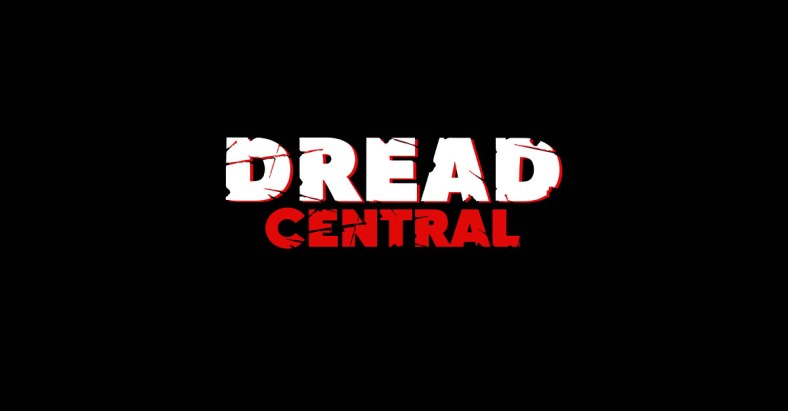
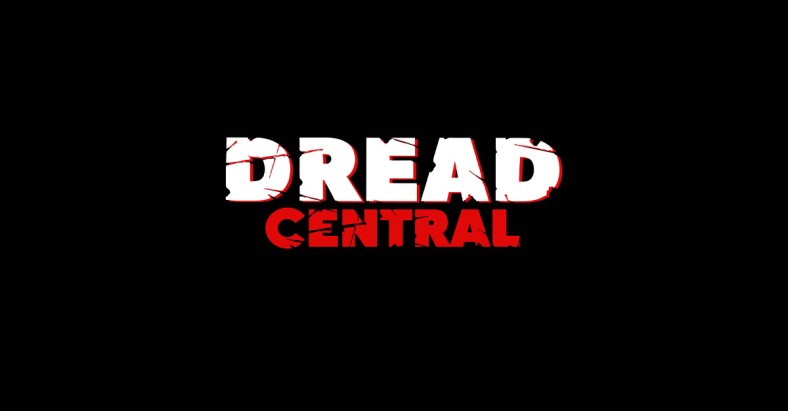
Categorized:News

